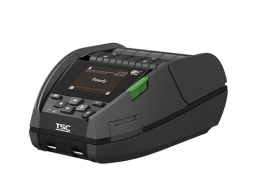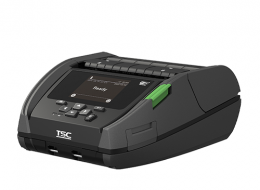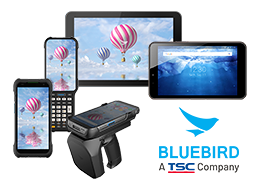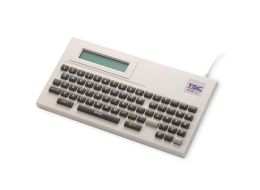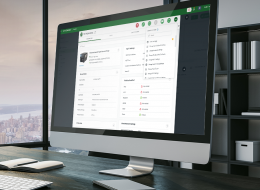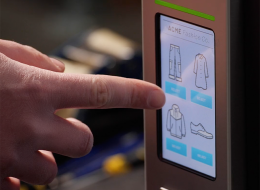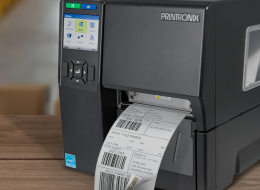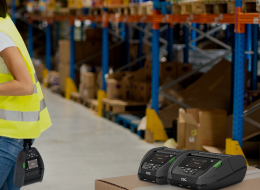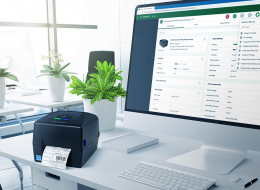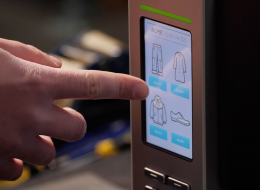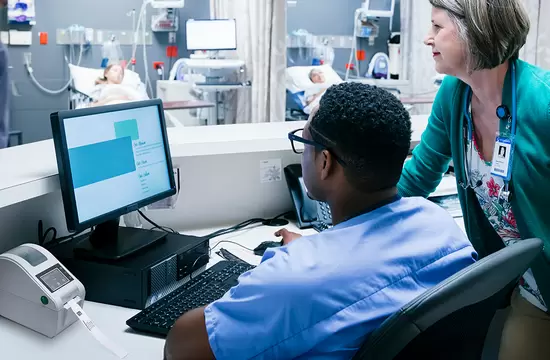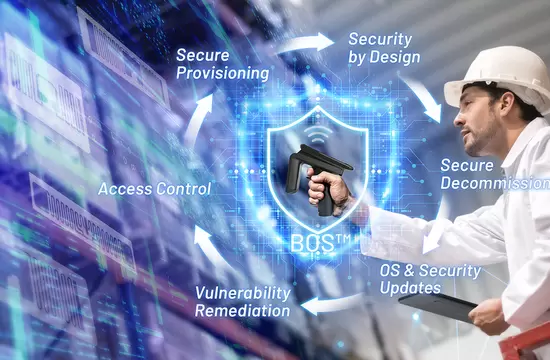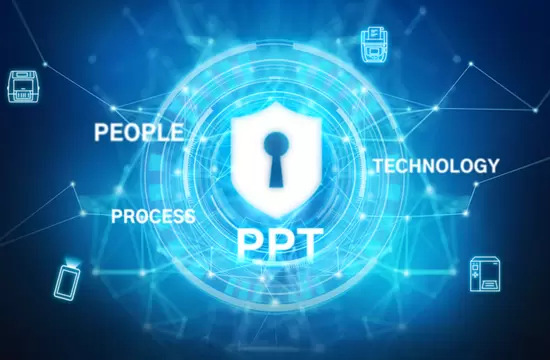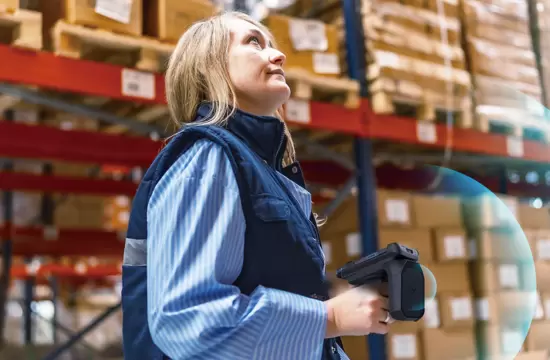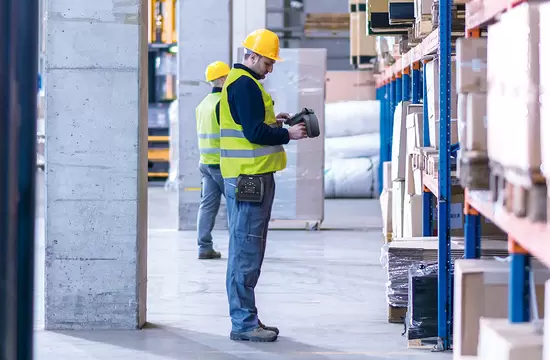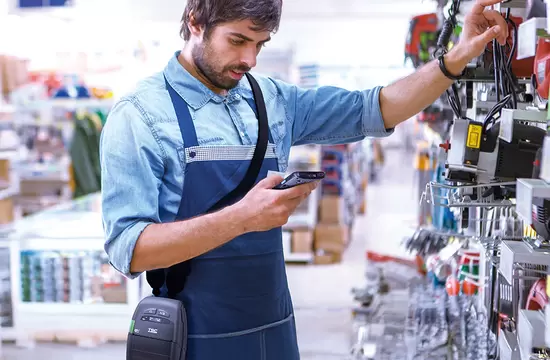Welcome to Our Blog
Get the latest information on new products and solutions, trending industry topics, best practices, tip and tricks, and much more.
Automotive
1429
/en/blog/automotive
Barcode Inspection
418
/en/blog/barcode-inspection
Company News
415
/en/taxonomy/term/415
Cybersecurity
1466
/en/blog/cybersecurity
Events and Tradeshows
1421
/en/blog/events-and-tradeshows
Food & Beverage
1426
/en/blog/food-beverage
Healthcare
1425
/en/blog/healthcare
High Resolution
414
/en/blog/high-resolution
Industry Trends
1419
/en/blog/industry-trends
Manufacturing
1424
/en/blog/manufacturing
Mobile Printing
1420
/en/blog/mobile-printing
Partner Perspectives
1465
/en/blog/partner-perspectives
Remote Printer Management
1432
/en/blog/remote-printer-management
Retail
1423
/en/blog/retail
RFID
416
/en/blog/rfid
Software Solutions
1433
/en/blog/software-solutions
Standalone
419
/en/blog/standalone
Supplies
417
/en/taxonomy/term/417
Tips & Best Practices
1431
/en/blog/tips-best-practices
Transportation & Logistics
1422
/en/blog/transportation-logistics
Warehouse & Fulfillment
1427
/en/blog/warehouse-fulfillment
In modern medicine, blood transfusions are a vital procedure that saves countless lives every day. But the misidentification of patients or blood bags due to human error can turn a life-saving procedure into a fatal mistake. Consequently, many healthcare providers today are seeking to further enhance patient safety by adopting RFID wristbands and blood bag labels. But there are many different types of RFID, so which RFID is best for wristbands and blood bag labels?
Whether as a patient or a visitor, there’s a pretty good chance you've come across the now ubiquitous patient wristband at your last hospital visit. While now a routine part of healthcare operations, receiving hospital care and treatment before wristbands was fraught with human error, with potentially deadly results.
As more industries, from logistics and manufacturing to retail and healthcare, adopt increasingly more enterprise mobile computers (EMC), organizations face growing attack surfaces—not from the devices themselves, but from gaps in security and a lack of lifecycle management. Therefore, it is more important than ever to have a robust digital defense in place.
A robust security posture requires a holistic approach that accounts for the multitude of potential threats and attack surfaces. Crucially, this defense must integrate device lifecycle security to apply processes and tools throughout the entire journey of an EMC—from acquisition and deployment through active management and decommissioning. This is essential because it moves beyond fixing problems after they occur and instead proactively integrates security into every stage.
In our interconnected digital world, businesses of all sizes—from local shops to global logistics firms and retail chains—rely on a vast network of connections to operate. While bringing untold benefits, these connections are also potential entry points for unscrupulous actors to access, breach, or disrupt enterprise systems. Among these entry points is your thermal printer. While serving an important function within business operations, they are often overlooked in cybersecurity planning. Are your thermal printers secure?
In our interconnected, digitalized world, cybersecurity isn't just an IT concern—it's a fundamental necessity. However, navigating through the multitude of security measures available and evolving threats can quickly become overwhelming. The good news is that the People, Process, and Technology (PPT) Framework can help you structure your thermal printer and enterprise mobile computer (EMC) security. That framework is built upon three pillars and is a holistic approach that extends beyond just the technical aspect of cybersecurity.
Since coming into effect on July 25, 2024, EU’s Corporate Sustainability Due Diligence Directive (CSDDD) requires retailers to demonstrate clear and measurable sustainability outcomes. Retailers today face increasing pressures from regulators, investors, and consumers to visibly commit to sustainability. Despite this, many retailers are struggling to translate their ambitions into tangible, credible results across both their stores and distribution centers.
In today’s retail environment, rising customer expectations and the growing complexity of omnichannel operations make accurate inventory management a must-have. Poor inventory accuracy doesn’t just impact operations—it results in lost sales, shrinkage, and a diminished customer experience.
Distribution centers (DCs) are the foundation of modern retail fulfillment. In a landscape defined by speed, precision, and customer expectations, DCs largely shape how quickly and accurately inventory flows across the entire retail network. As fulfillment complexity grows, there is no room for bottlenecks, blind spots, or outdated systems.
In unified commerce, the store has become more than just a point of sale—it's now a fulfillment hub, a service point, and a brand experience center. Store teams play a critical role in retail transformation—but they can only succeed when empowered with timely data and adaptive technologies. Empowering store execution means bridging the gap between business vision and day-to-day execution.
Continuing from our previous discussion on item-level tracking and digital transformation, this article explores how GS1 Digital Link and item-level tracking work together to connect physical products with rich digital data. Adopting these new standards can help retailers stay competitive in today’s retail landscape by unifying operations, improving traceability, and enhancing customer engagement.

